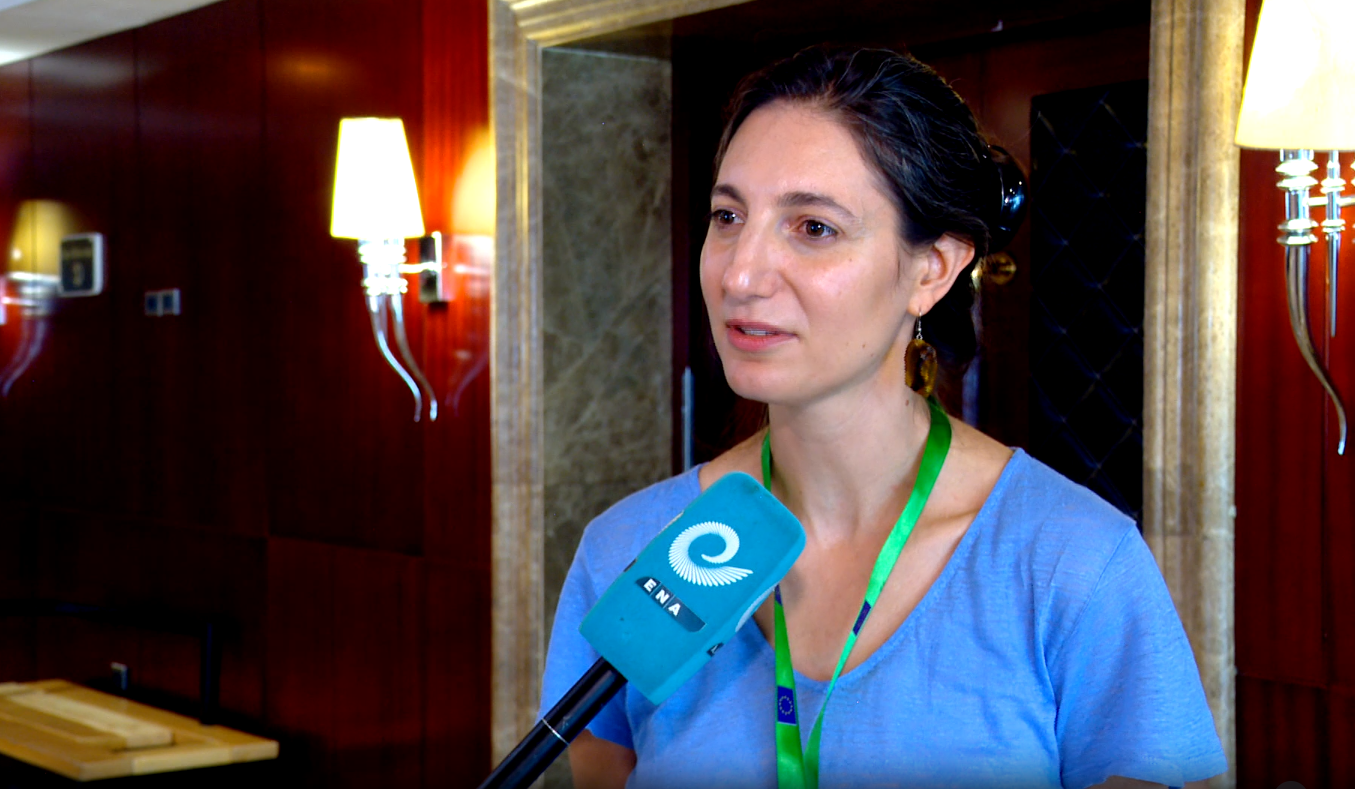German Professor Commends Ethiopia's Inclusive Farming Strategies, Praising PPT in Boosting Production - ENA English
German Professor Commends Ethiopia's Inclusive Farming Strategies, Praising PPT in Boosting Production

Addis Ababa, September 7, 2025 (ENA) -- A German professor from the University of Giessen commended Ethiopia for its effective inclusive agricultural strategies, noting that the country's successful implementation of Push-Pull Technology (PPT) has significantly enhanced production.
In an exclusive interview with ENA, Professor Emily Poppenborg, the Upscale Project Coordinator at the University of Giessen in Germany, said that for the past five years, the Upscale PPT project has improved food security and rural livelihoods in Ethiopia.
This initiative, which utilizes the Push-Pull method, is collaboration between local partners like the Institute of Sustainable Development (ISD) and various international institutions.
PPT is an innovative farming approach that integrates Desmodium (a legume) with staple crops such as maize and sorghum, surrounded by Napier or Brachiaria grasses, she said, adding that this method provides natural pest and weed control while also enhancing soil fertility.
The project has focused on farmer training, input supply, and the establishment of farmer-led groups to manage and scale up the technology, which has already shown success in boosting yields and promoting sustainable agriculture.
Ethiopia’s agricultural framework is particularly noteworthy, as there is a strong policy push to promote agroecological strategies for climate resilience and multiple benefits, she emphasized.
Having mentioned Ethiopia’s wheat production initiative, the professor praised the diverse strategies being applied, including agroecological and organic methods, noting that “there is no single solution to boost crop production; rather, a mix of approaches, such as agroecology and Push-Pull, serve as key pillars.”
She further said that Ethiopia has been intensifying efforts to achieve food self-sufficiency by implementing different harvesting strategies, including irrigation and the Belg season in addition to the main harvest.
Speaking about the outcomes of the PPT project, Professor Poppenborg expressed: “We have had some very exciting insights regarding Push-Pull Technology in Ethiopia. We observed strong benefits in soil fertility, effective pest management, and Striga control, among others.”
She emphasized that the technology’s use of companion plants, legumes such as Desmodium and grasses like Brachiaria, further enhances results.
She added that PPT provides additional benefits beyond cereals, as companion plants can also serve as fodder and livestock feed, creating extra marketable products and income streams for farmers.
Although the five-year Upscaling Push-Pull Technology project in Ethiopia is nearing completion, Professor Poppenborg confirmed that efforts are underway to continue collaborations.
“There will be follow-up projects, as the main objective is to institutionalize such initiatives within the country,” she affirmed.